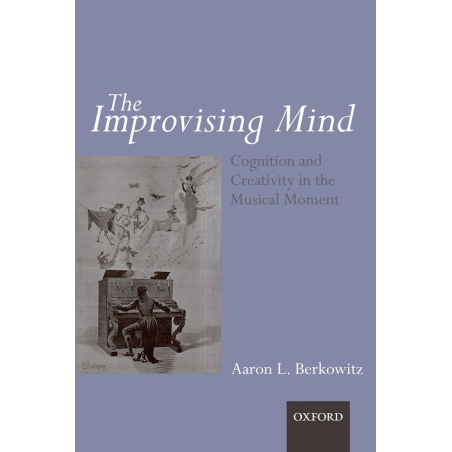The ability to improvise represents one of the highest levels of musical achievement. Yet what musical knowledge is 3equired for improvisation? How does a musician learn to improvise? What are the neural correlates of improvised performance? These are some of the questions explored in this unique and fascinating new book.
CONTENTS
Dedication
Acknowledgements
Prelude
1 Introduction
Part I
Cognition and the Pedagogy and Learning of Improvisation2 The pedagogy of improvisation I: Improvisation treatises of mid-eighteenth and early nineteenth centuries
3 The pedagogy of improvisation II: Pedagogical strategies
4 Learning to improvise
Learners' perspectives
5 Music and language cognition compared I: Acquisition
Part II: Cognition in Improvised Performance
6 Improvised performance: Performers' perspectives
7 The neurobiology of improvisation
8 Music and language compared II
Production
9 Cadenza
Coda: Constraints and freedom
Improvisation in music, language, and nature
Bibliography
Index


